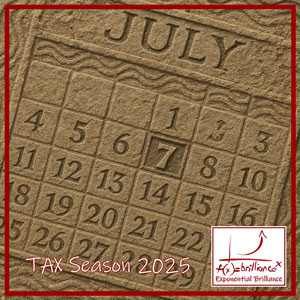Only 1 month to go... Expat Tax Changes!
by
 Amanda Roothman on 22 January 2020
Amanda Roothman on 22 January 2020
What you need to know.
South Africans working and living abroad will, as of 1 March 2020, find themselves having to oblige to a dramatic change in the expatriate tax legislation.
The current Act states that if a South African renders services to an employer (either local or foreign) outside South Africa for longer than 183 days in any 12-month period, (of which 60 days must be continuous days of absence from SA) their apportioned remuneration shall be tax exempt.
BUT:
As from 1 March 2020, only the first R1 million per annum (apportioned) will be tax exempt. Every cent over a bar will be taxed at the marginal rate of up to 45%.
Employment income for this purpose includes allowances and fringe benefits such as housing, security, flights, etc.
AND REMEMBER: Jetting back and forth may impact your liability, since the tax exemption of R1 million has qualifying criteria in terms of the apportionment calculation.
What can you do about this?
Financial Emigration is the quick and easy way to escape this. This has been confirmed and recognised by SARS. (If one has a permanent intention to remain outside South Africa)
However, taxpayers should be aware that formally emigrating from SA, bears its own set of consequences.
In some instances, SA citizens living and working abroad, who cease tax residency from South Africa, may be considered ordinary residents in the respective host countries.
These individuals should then be aware that the cessation of SA tax residency from South Africa would make them liable for Capital Gains Tax at a rate of 18%.
Double Tax Agreements will be used In instances where individuals have the intention to return to South Africa, or are uncertain about their intention to return.
Supporting documents that SARS will require:
- An accurate spreadsheet showing the number of days in and out of SA.
- Your passport needs to correspond to the above, since SARS will check that it does;
- A letter from your employer confirming that you are employed abroad; with an employment contract;
- IRP5 with the correct income codes.
Conclusion
South African individuals working abroad has only 1 month left to decide whether they would want to financially emigrate or not.
If not, legally compliant tax structures need to be in place if they want to maintain their current lifestyles, else they would need to share with Caesar SARS.
⚙️ Knowing Where to Tap: 🔨 The Brilliance Behind Precision
✨ A story about insight, experience, and collaboration....
by Amanda Roothman on 10 October 2025




